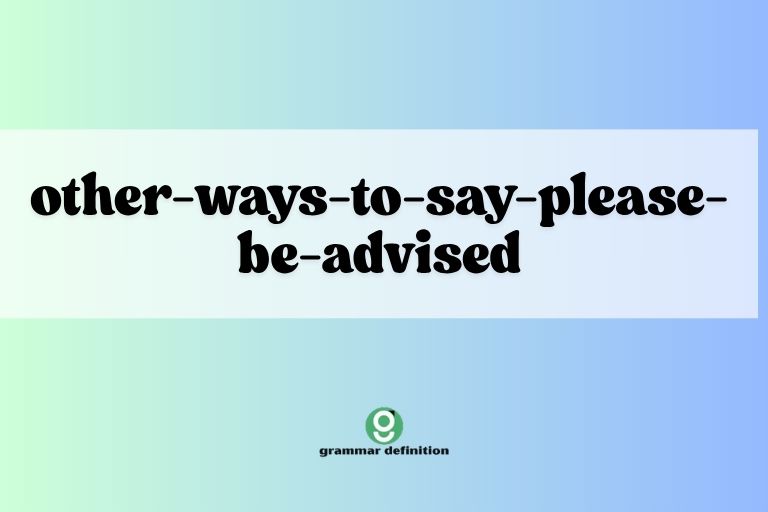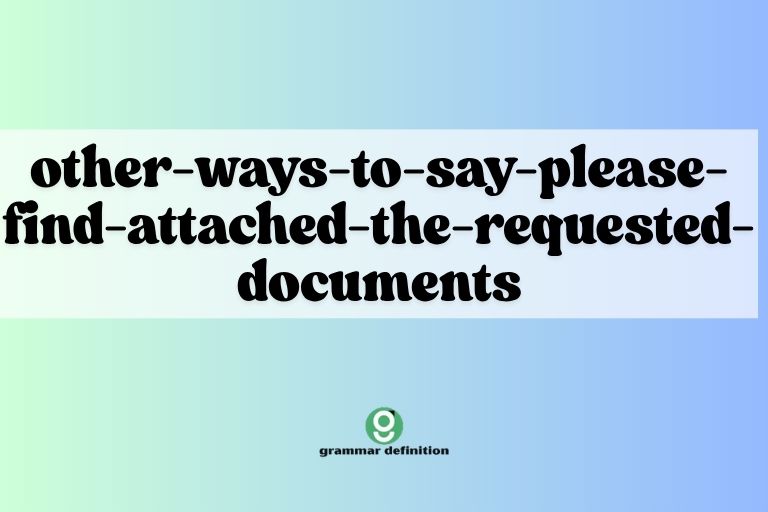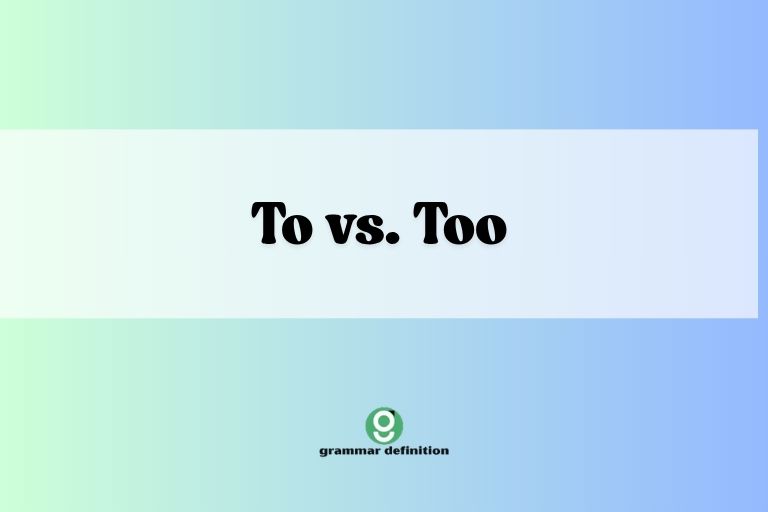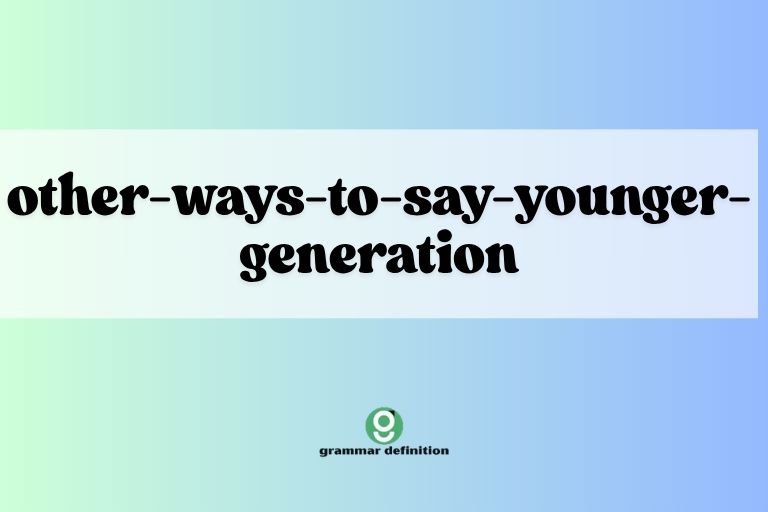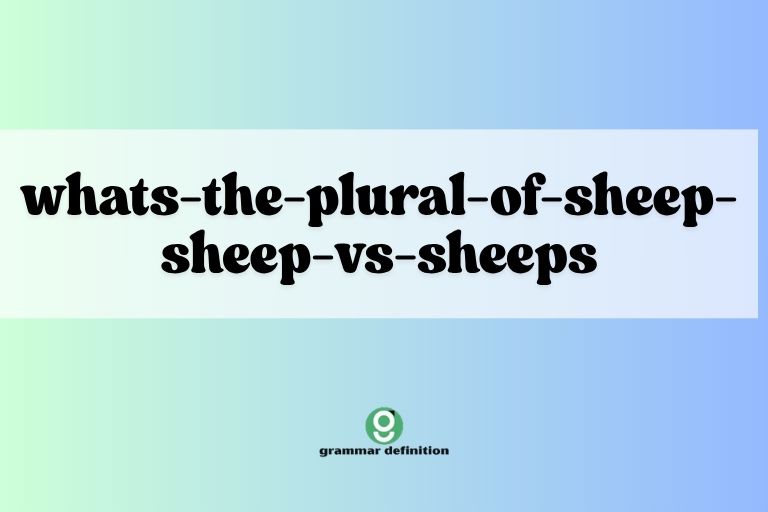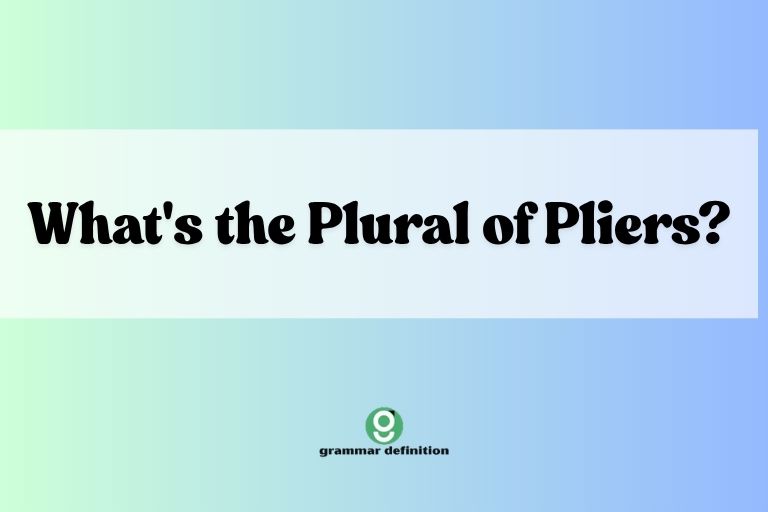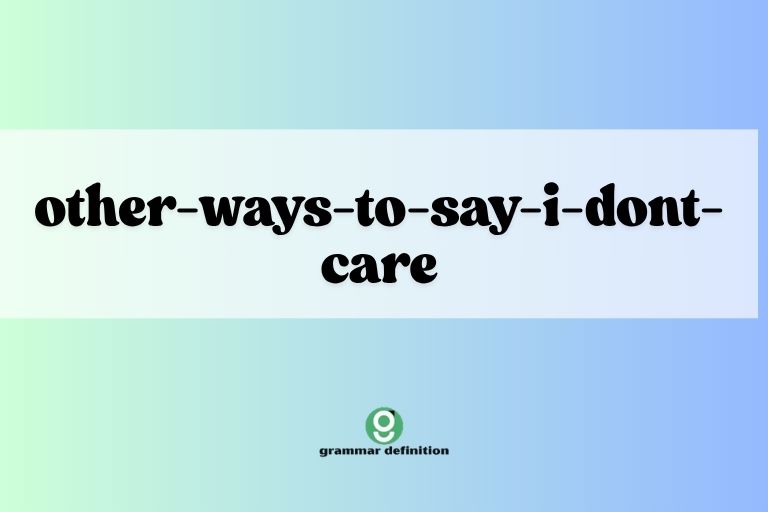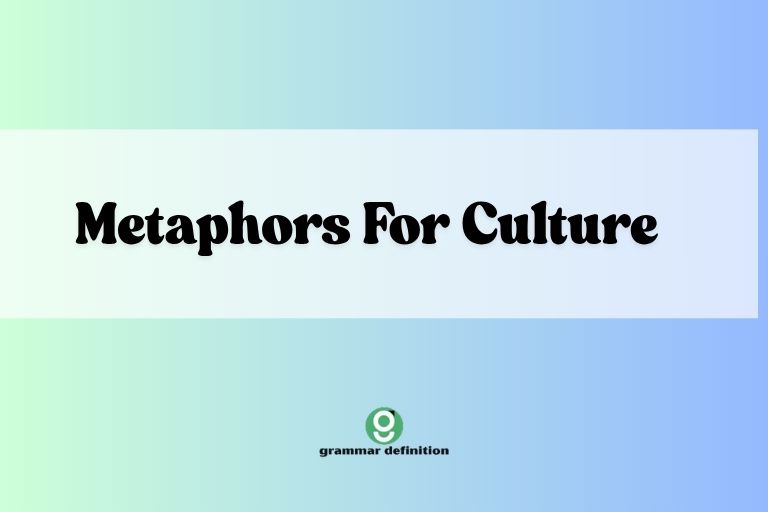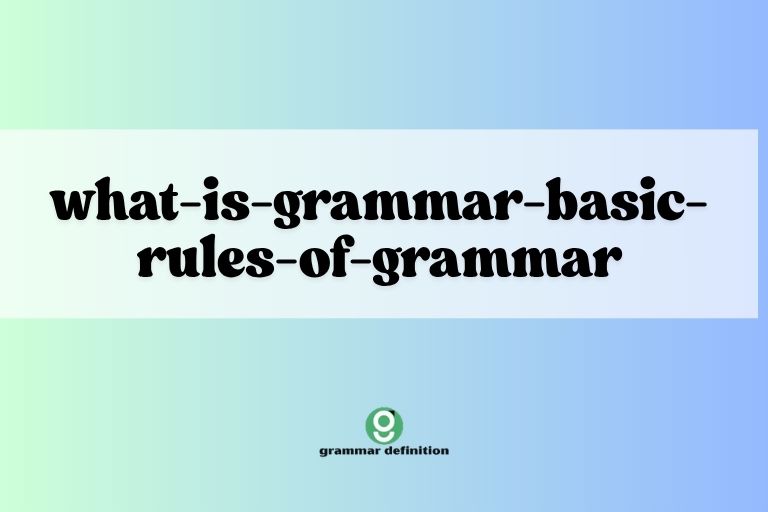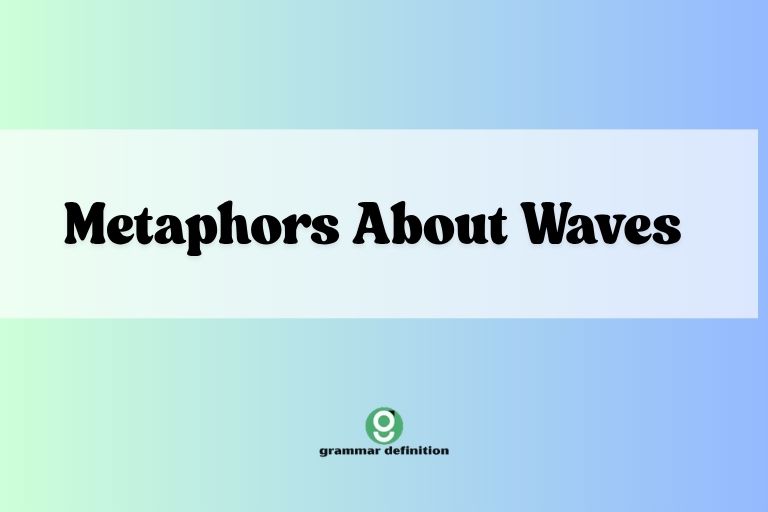Beyond “Please Be Advised”: Alternative Phrases for Clarity
In professional communication, the phrase “Please be advised” is often used to introduce important information. However, overuse can make it sound formal, impersonal, or even passive-aggressive. Mastering alternative phrases allows you to convey information with greater clarity, nuance, and impact. This article explores a variety of substitutes for “Please be advised,” offering a comprehensive guide … Read more

